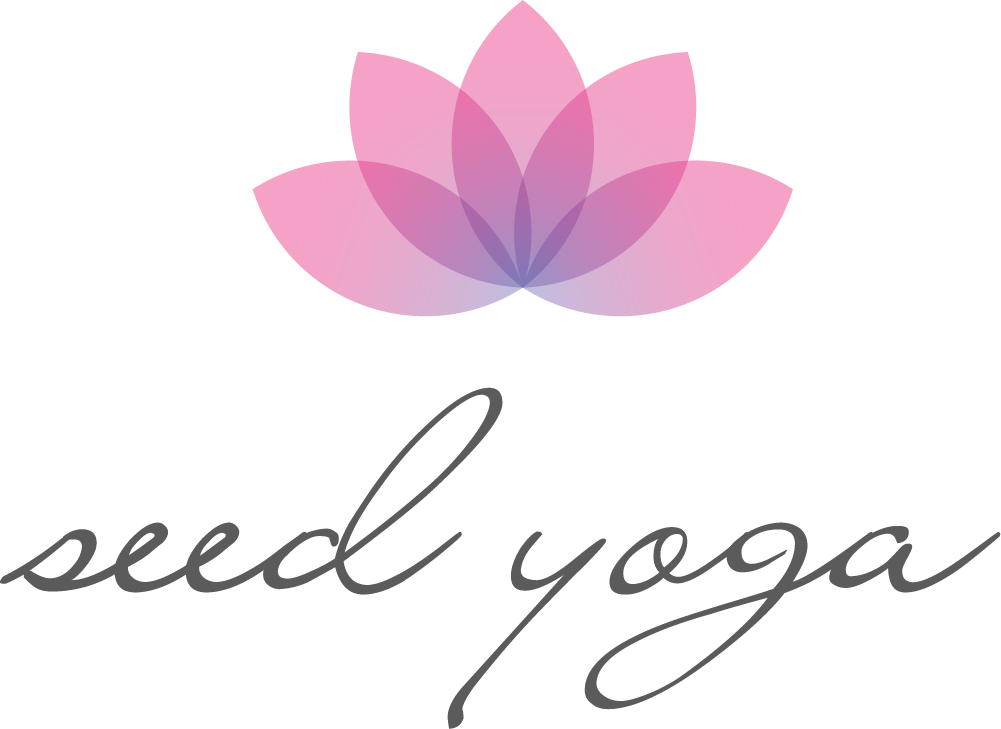What Is Nervous System Care and Why Is It Essential In Today's Busy World?
We live in a world that demands a lot.
Our daily lives and schedules are packed full and we are flooded with so much information. We also live in a culture that pushes us to strive and hustle to chase peak performance.
Our nervous system is the foundation of how we experience life. It regulates our stress, our energy, our emotional capacity and our ability to feel safe and connected.
Yet in our fast-paced world, many of us are living in a chronic state of dysregulation cycling between overwhelm, burnout and shutdown. This is why nervous system care is essential.
The nervous system is always working in the background, responding to what it perceives as threats or safety cues.
It has 2 primary branches;
1. The Sympathetic Nervous System (SNS) - Fight, Flight, Freeze responses which are activated during stress, mobilising energy for survival.
2. The Parasympathetic Nervous System (PNS) - helps the body to recover, regulate and return to balance.
Ideally we move between activity and relaxation throughout the day. However our modern life can keep us stuck in overdrive, flooding our bodies with stress hormones and reducing our ability to reset and restore.
One of the most important things to understand about the nervous system is that is doesn’t differentiate between a perceived threat and a real one. To your body there is no difference between being chased by a dog versus an intense workout or a life threatening situation versus an overflowing inbox and work stress. Physiologically both real and perceived threats trigger the same stress responses, increased adrenaline, cortisol and heart rate, preparing the body for survival.
This is why high intensity exercise without proper recovery can contribute to burnout. If we don’t allow the body to down-regulate after stress, whether from work or physical exertion, it can lead to chronic stress/anxiety, sleep disturbances, emotional reactivity, burnout/exhaustion and digestive issues and inflammation.
Your window of tolerance is the range of stress you can handle before your nervous system becomes overwhelmed. A wide window of tolerance allows you to navigate challenges with flexibility and a narrow window of tolerance leads to feeling on edge, reactivity and emotional shutdown.
To build nervous system resilience we can do the following:
* Balance activity with recovery - after intense exercise we should incorporate cool downs, slow breathing (sitali) and grounding (savasana). This is what I have incorporated at the end of our STB classes.
* Incorporate somatic regulation tools into our lives such as yoga, mindfulness, meditation and deep active rest practices like yoga nidra.
* Develop real life co-regulation and connection outside of our screens. Our nervous system is wired for safety in relationships and being around calm, supportive people can help regulate our nervous system. Hugs are good too!
* Intentional slowing down - Rushing can become a habit - notice when you are rushing and take a pause.
* Honour your body’s signals and energy cycles - instead of ignoring them until you burn out or become exhausted.
* Build adaptability and resilience through consistent practices of yoga, mindfulness and mediation so we can respond to life rather than react.
In our fast paced world the most radical thing we can do is learn to slow down, regulate and care for our nervous system.
All that I offer in my classes is offered through my lived experience of understanding and learning to regulate my own nervous system. Being neurodivergent, I am highly sensitive and a deep thinker and feeler, and that felt so overwhelming and confusing for a large part of my life. When I discovered the practices of yoga and mindfulness it was a beautiful medicine for every part of my being. Firstly, I had to find a sense of safety in my body so I could even stay in it, then build my interoceptive awareness so I could understand my nervous system and how I could care for and regulate myself, especially in challenging times. I genuinely hope that my classes and offerings are helpful to others on their path of healing and restoration.
